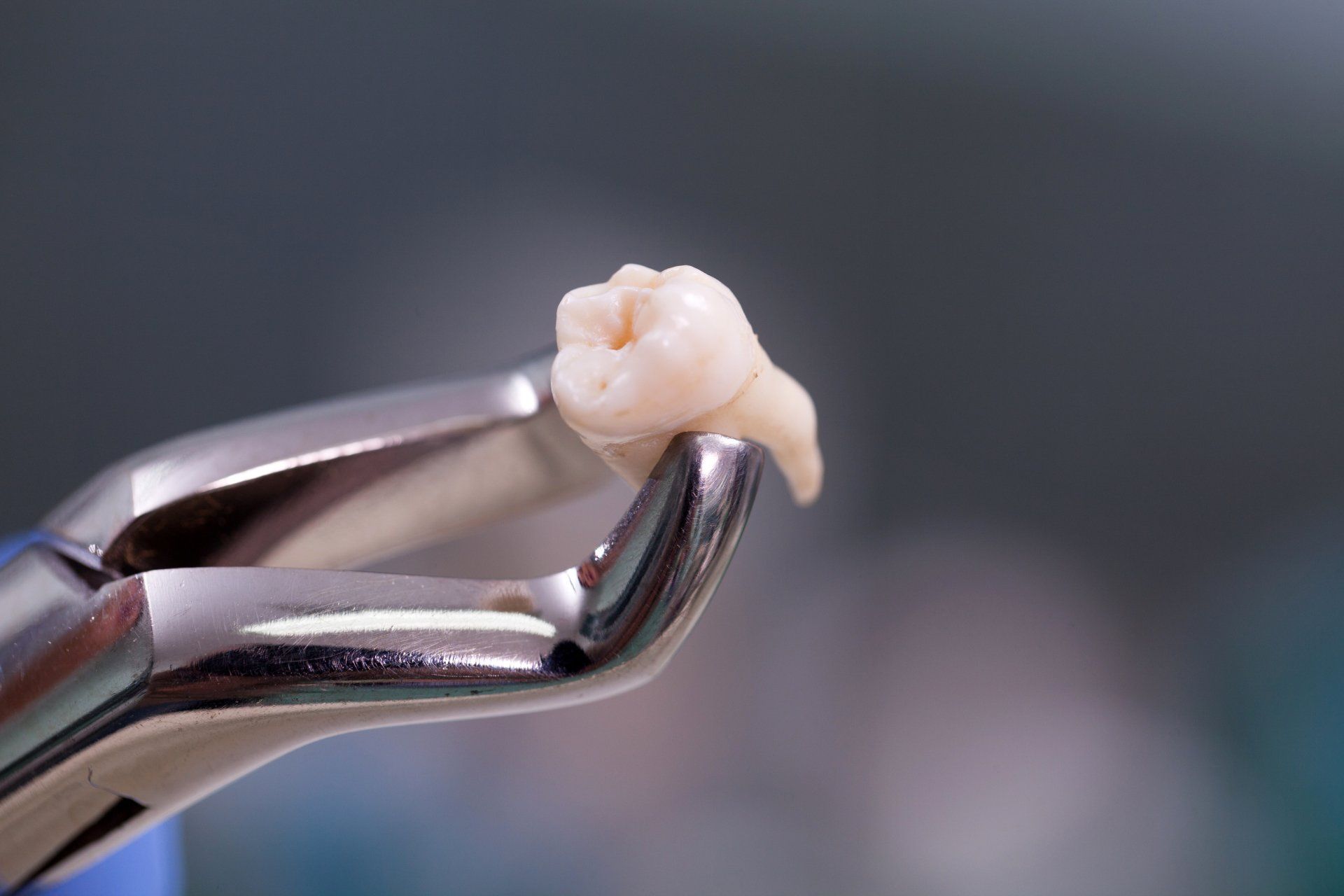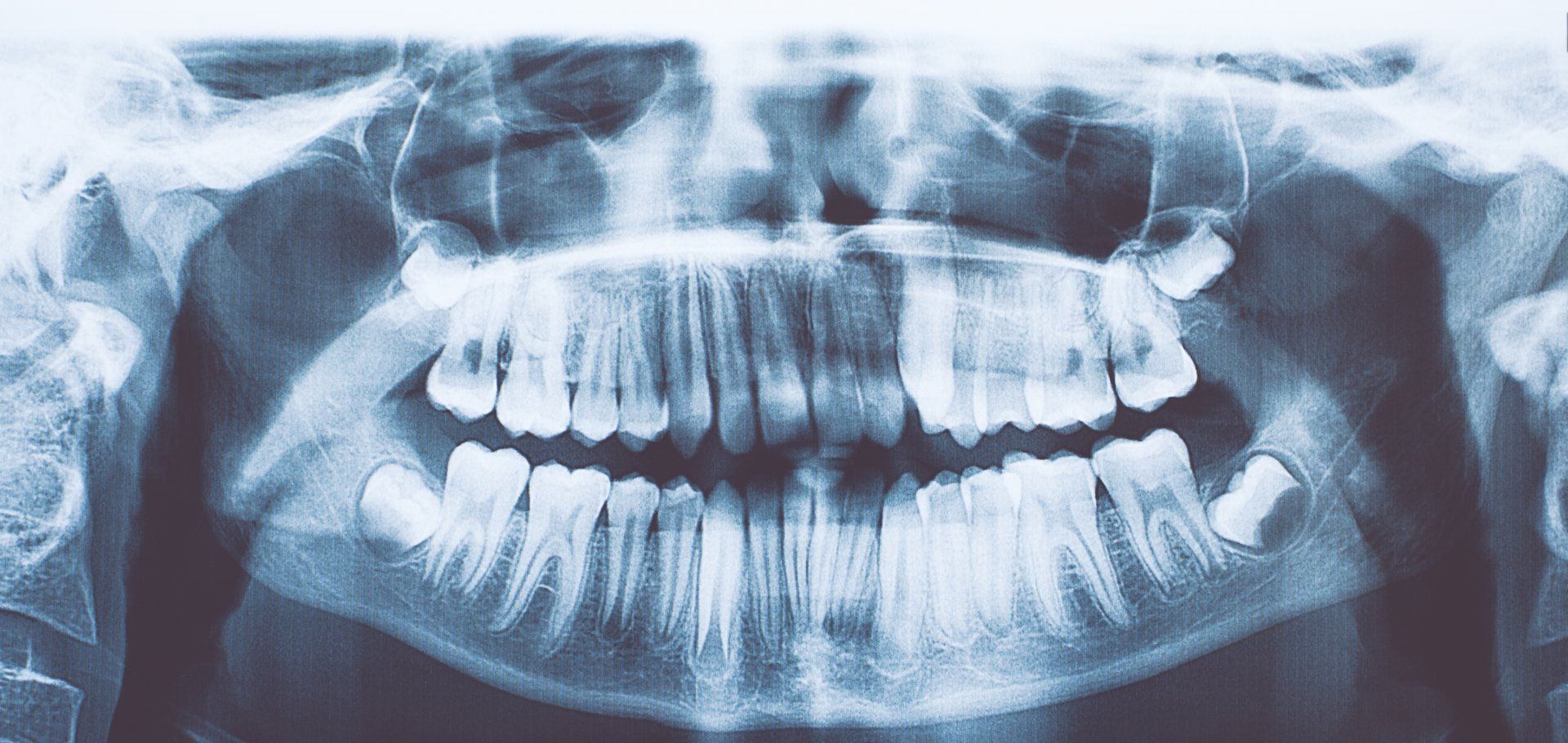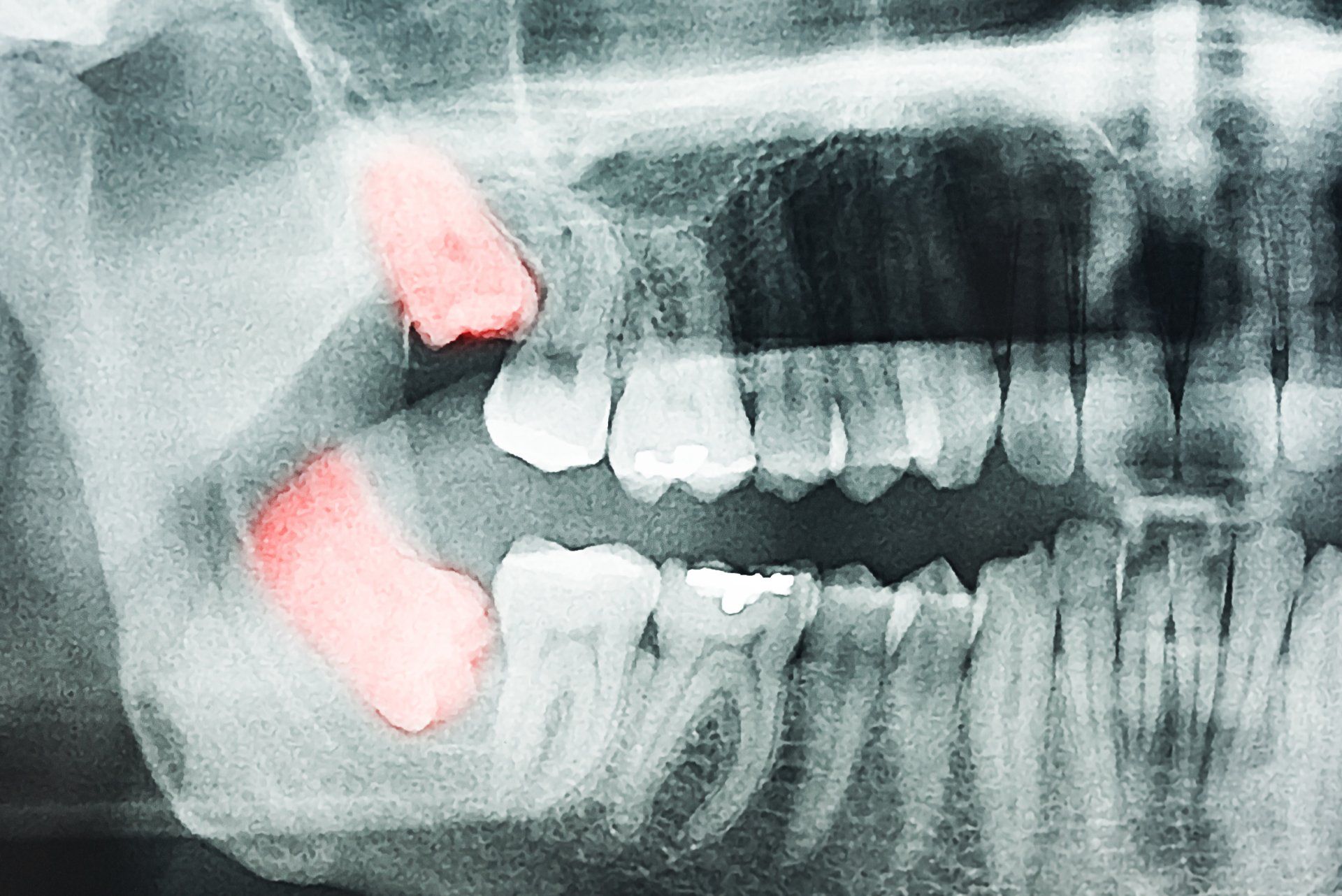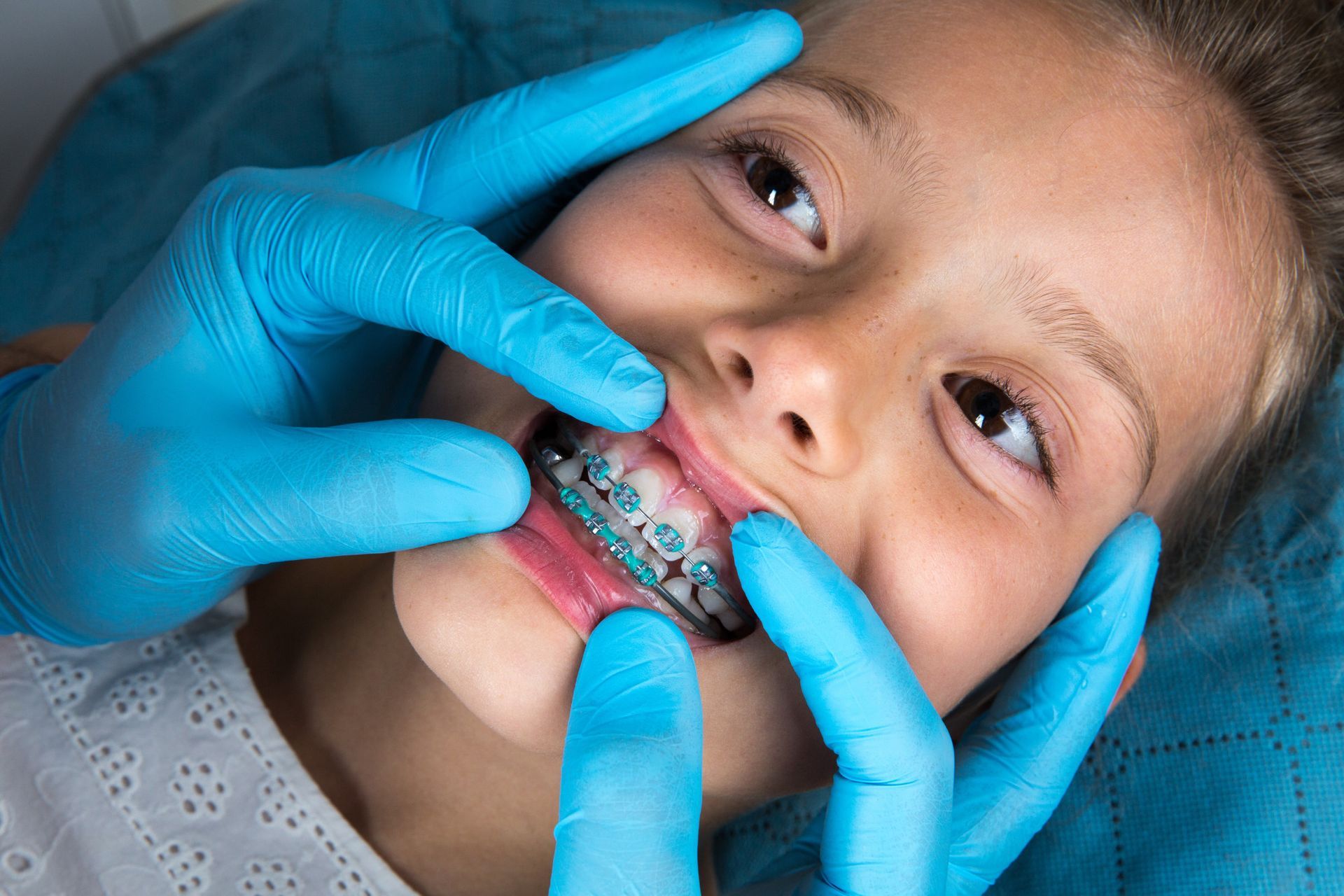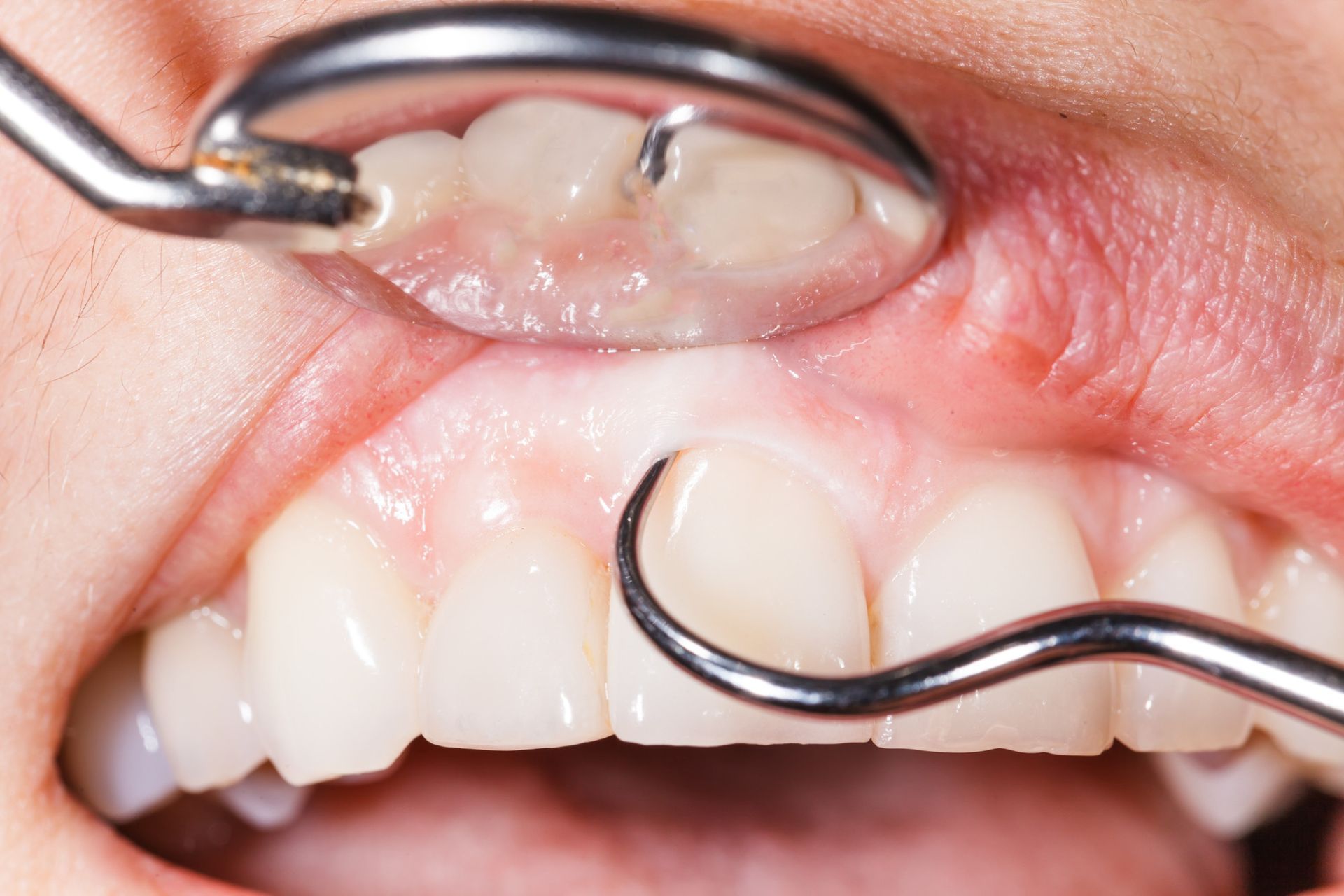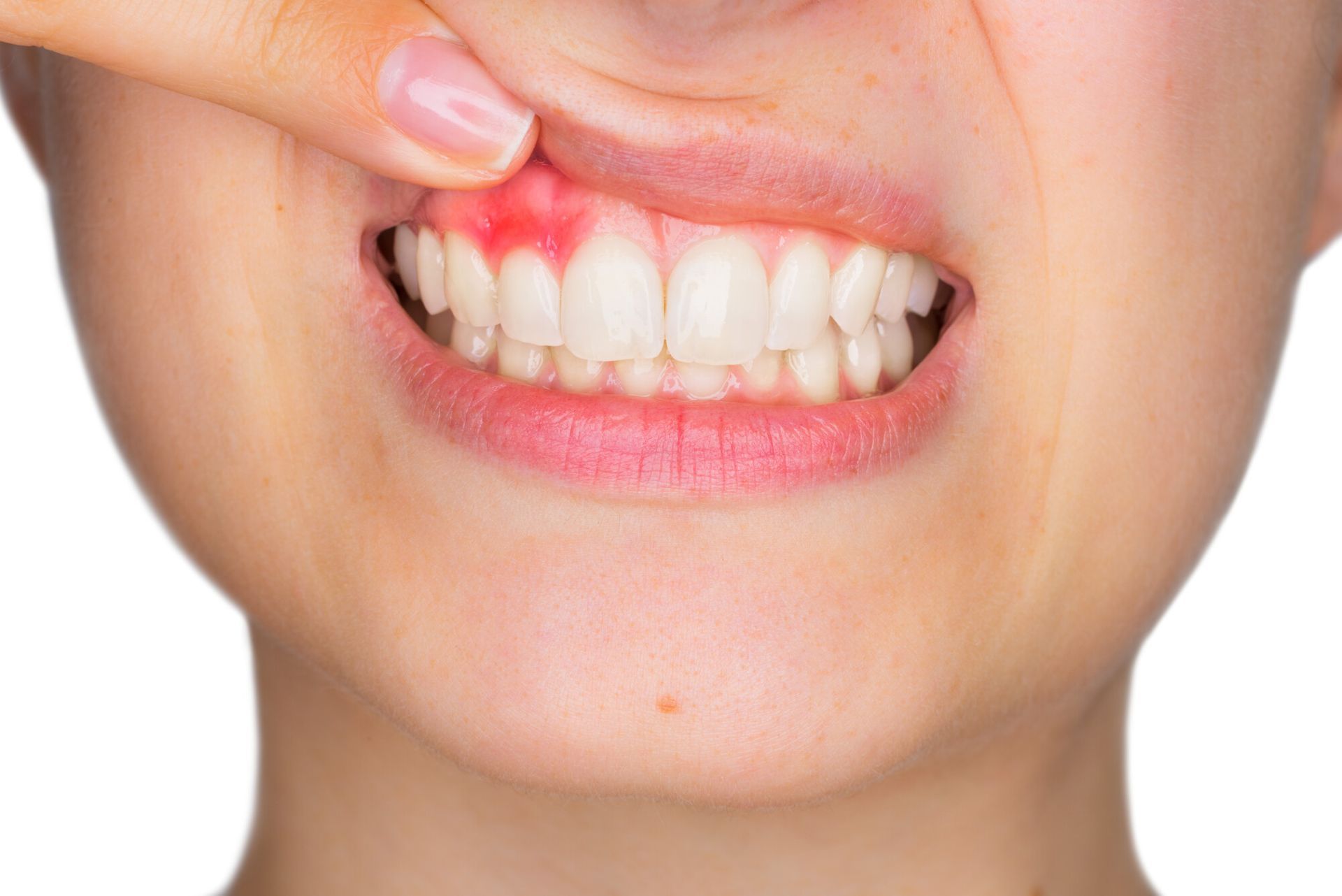5 Things to Do in Preparation for Your Root Canal Procedure - Our Guide
Updated: April 12, 2023. Originally Published: December 05, 2019.
In Canada alone, there are almost 30,000 dental practices. Together, they make sure that people can receive emergency root canal procedures and other dental care when they need it.
Of course, as valuable as these procedures are, some people are intimidated by the idea of getting an emergency root canal. On the other hand, many people have figured out how to prepare for these procedures in a way that allows them to relax.
By learning from the experiences of others, you can prepare for your root canal and the recovery process that follows. So what can you do to prepare for your procedure to make sure that things go as smoothly as possible?
Read on to learn all about the most important steps to take as you get ready for your emergency root canal procedure!
1. Know What to Expect From Your Dental Procedure
The truth is that many people have overblown concerns when it comes to root canal procedures. They imagine that they will have to withstand pain and discomfort throughout the process. Some people also think that the recovery process is much more arduous than it is.
As a result, knowledge is sometimes the best way to help you relax as you get ready for your root canal.
Understand Your Procedure
The first thing to understand about root canal procedures is that they do not cause significant pain. Although receiving an anesthetic shot can be uncomfortable, it will keep you from suffering throughout the procedure.
Once your mouth is safe from potential pain, your dentist will move on to treating the decaying parts of your teeth.
They will start by removing them with a drill. After that, your dentist will clean the area and disinfect it.
Once that is done, they will finish by applying a crown or cap. This will protect your tooth from taking more damage in the future.
Ask Your Dentist All of Your Questions
However, the best time to learn about a root canal procedure might be during the preceding dental appointment. This can even be a good idea if you don't expect to get a root canal in the immediate future. It is worth understanding more about common dental procedures just in case you ever need to receive one on short notice.
When you get the opportunity, ask your dentist any questions you have about root canal treatments. Sometimes, people feel nervous without knowing exactly what to ask their dentist. The good news is that your dentist will have helped people with their dental procedure concerns many times in the past.
If you ask your dentist what many people want to know about root canal procedures, they can probably give you the answers to the common questions that concern people. This is also a good time for you to ask your dentist about what you can do to make the recovery process as pleasant as possible.
In fact, it is better to find this out as soon as you can. If you wait until your root canal procedure is over to find out how to recover, you may not have the time to get everything you need for a smooth recovery.
Plus, your dentist might be able to prescribe you some over-the-counter drugs to help you manage the pain once your procedure is over.
Consider Asking Others for Advice
Even if you don't know it, several people you know have probably received their own root canal procedures. Although your dentist will have more expertise, you might find even more comfort in speaking with people you know on a more intimate level.
Consider asking friends or family members about their own concerns as they approached a root canal treatment. There is a good chance that many of them will tell you that they were much more worried than they needed to be. They can also give you their own perspective about the process itself and the recovery that follows.
Later, we will discuss some of the things you can do to make sure that you are ready to recover as smoothly as possible from your root canal treatment. However, it's still worth asking your friends and family if they have any advice about how to make your recovery process easier.
Know the Signs You Need a Root Canal Procedure
Some people need a root canal procedure even though they don't know it. It's important to know the signs that you might need to see your dentist for a root canal treatment.
Infected root canal signs include pain and swelling in your gums or your jaw. Some people even develop a fever or experience nausea.
When this happens, it can be easy to think that you might have a normal toothache or something like sinusitis. However, the more of these symptoms you have, the higher the chance that you will need to get ready for your first time root canal.
2. Prepare for the Root Canal Procedure Appointment
So what can you do in the hours leading up to your root canal appointment? Although root canal procedures are much less intimidating than some people think, there's still a lot you can do to help them go as smoothly as possible. If you have heard of anyone having a bad experience with a root canal treatment, it is possible that it happened because they did not know how to prepare.
Rest and Relax
Preparing for a root canal treatment starts with making sure that you get quality rest the night before. If you are stressed out due to lack of sleep, you might feel more anxiety during your procedure.
After you get a good night's sleep, it can also be helpful to do some relaxation exercises if you are still feeling nervous. Something as simple as taking 10 deep breaths can often dramatically change your mood with very little effort. If you have habits you use to manage your stress, it can also be a good idea to use some of them as you get ready for your procedure.
Take a Painkiller in Advance
It might sound counterintuitive, but it can be helpful to take a painkiller even before you receive your root canal procedure. That way, the medicine will already be in your system once your procedure begins.
Of course, you will receive more powerful painkillers from your dentist. However, taking a normal painkiller like ibuprofen can be a great way to help you feel more at ease as your procedure approaches.
But always check with your doctor and dentist first before taking any medications and painkillers.
Avoid Drinking and Smoking
The healthier your mouth is, the better it will handle your root canal. Some of the worst ways to irritate your mouth before your procedure are to smoke tobacco or drink alcohol. In fact, you should avoid these both leading up to your procedure as well as during the recovery process that follows.
That way, your mouth will be maximally prepared to handle the stresses of the procedure and heal as fast as it can.
Eat Before Your Procedure
Some people are used to avoiding eating before certain surgical treatments. However, this is not necessary before a milder treatment like a root canal.
In fact, it can help to make a special point of getting in a good meal before your procedure. After all, once your mouth is sensitive from your treatment, you may not have another good opportunity to eat a robust meal for a while.
Have Some Ice Ready
Ice is one of the best ways to alleviate swelling and pain after a root canal. Some unlucky people have come home from their root canal procedure only to realize that they don't have any ice ready in the freezer.
Make sure to make some ice before you head to the dentist's office. You might even want to wrap it in a cloth to get it ready to use once you get home.
Bring Someone to Help You
Although it is not strictly necessary, it can help to bring someone along to your root canal treatment. For one thing, they will be able to drive you home after your procedure. Since you will have received anesthetic from your dentist, it is much safer to have someone else drive you.
Of course, you can always arrange for a ride or take an Uber to get home if you can't find someone to come along. However, having someone come with you can also provide you with valuable moral support. Although you may not feel any need for this once you have seen for yourself how mild the root canal procedure is, it can be a good idea if you feel nervous leading up to your first root canal ever.
3. Know How to Avoid Irritating Your Mouth
Once your root canal is done, it is important to avoid anything that might slow down your healing process.
However, it is best if you can learn about how to recover as fast as possible before your actual treatment. That way, you can make any necessary preparations in advance. This will also save you from making mistakes that might exacerbate your recovering tooth.
Be Careful Brushing and Floosing
Some people think that they can't brush their teeth or floss them after a root canal. The truth is you can brush and floss after your treatment, but it is important to be careful. If you are rough on your tooth, you could cause unnecessary pain or provoke extra inflammation.
Also, make sure not to use mouthwash or fluoride toothpaste until your tooth has healed. That means you may want to prepare in advance by buying a kind of toothpaste that does not contain fluoride.
Avoid Irritating Foods While Healing
Make sure to avoid acidic foods while your tooth is recovering from your procedure. That goes double for things like carbonated sodas.
You will also want to avoid anything hard or sticky that could place a significant amount of stress on your healing teeth. Whatever you eat, try to make sure that none of it gets stuck between your recovering tooth and its neighbors. If this happens, gently floss the area so that your tooth has the best environment for recovery.
4. Prepare to Manage Tooth Pain After Your Procedure
You might have some swelling and pain around your treated tooth after your treatment. As we have discussed, having some ice or a cold compress ready can help you manage these issues.
You can also continue to take pain relievers throughout the recovery process. Anything that can help keep your swelling down will also help reduce your pain.
As a result, you might want to try to keep your head elevated even while you sleep. You can try lying down flat, but if you feel extra blood pumping around your mouth, it might be a better idea to sit up at least part way.
If you are nervous as your treatment approaches, you might even want to make a list of ways you can manage any pain you might be facing afterward. This can include things like massaging around your mouth to alleviate attention and inflammation. Sometimes, taking a walk can also help you enjoy better blood circulation and relax during your recovery process.
5. See Your Dentist Again Soon
Even before your root canal procedure, it can help to prepare by scheduling a follow-up appointment. You can ask your dentist when the right time for you both is, but a quick follow-up appointment can be a great way to check up on your recovery process and make sure that everything is going well.
Frequently Asked Questions (FAQs)
Know How to Prepare for an Emergency Root Canal
Some people get frightened by the mere idea of receiving an emergency root canal procedure. However, as long as you know how to prepare, you will be able to show up for your procedure with confidence. We hope the tips in this article will help you manage your procedure and its recovery process as smoothly as possible.
To find out more about how you can find the right dental care for your needs, get in touch with us at Daas Dentistry at any time!


